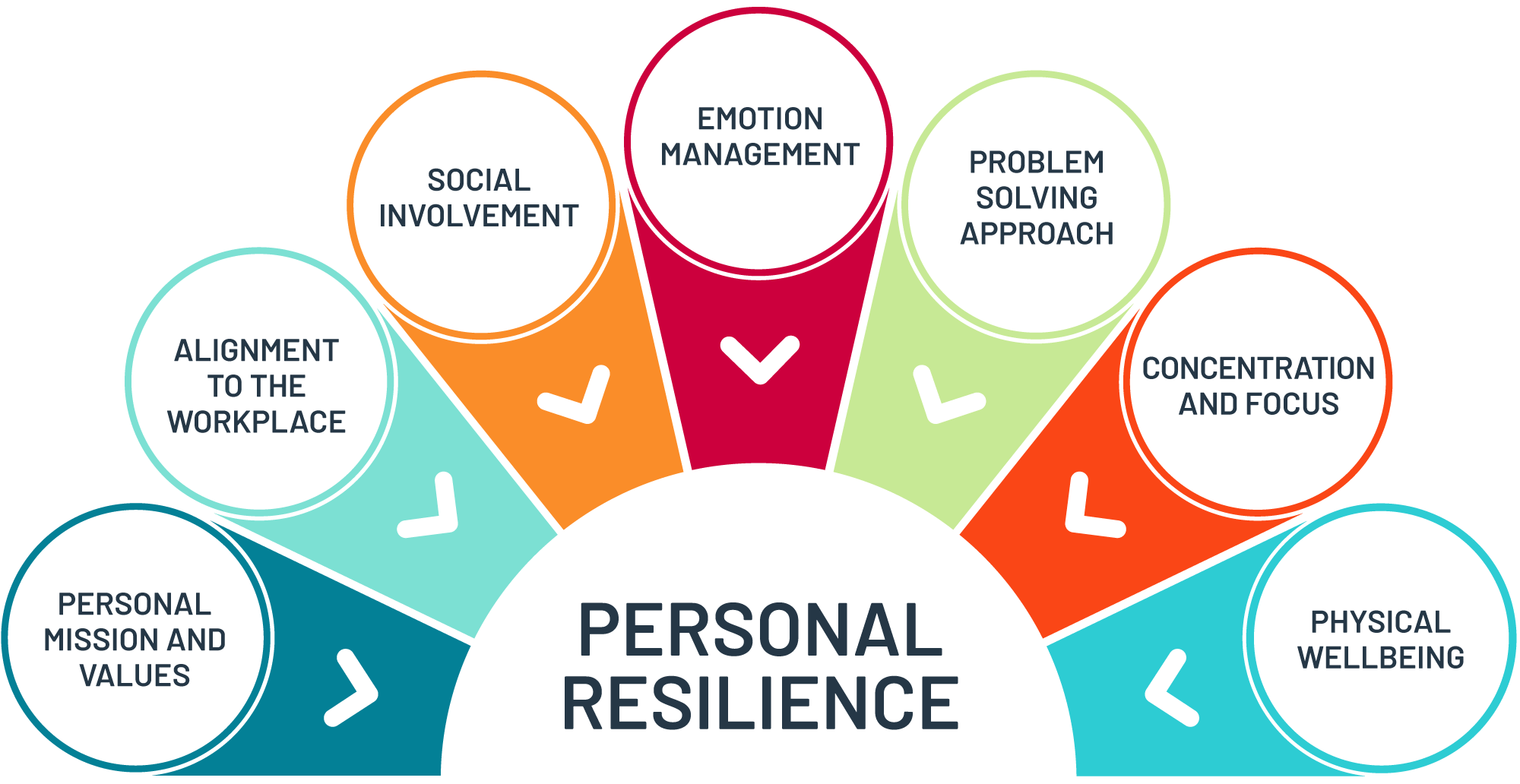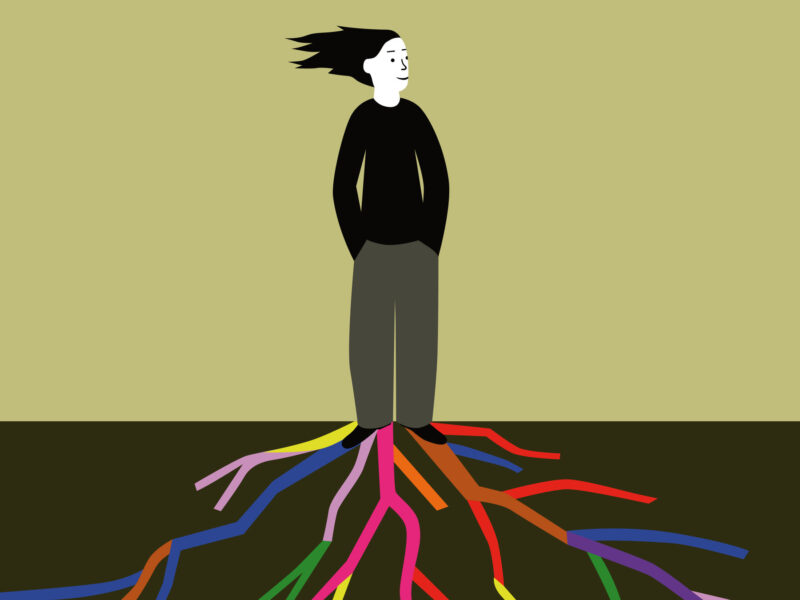Building Personal Resilience
In essence, flexibility/resilience is not just your ability to recover from things that cause you to feel strained or nervous in the process of Building Personal Resilience. This encapsulates and contains all of the actions that can be taken to adapt to changing relevant conditions and situations that test one’s capabilities.
Neither resilience nor adaptability is a genetic trait – it is something that we can learn to achieve over a period of time and build on. Adapting to changing situations and environments is part of our daily lives.
There are many ways that you can start to build up your mental flexibility. You can start to think about doing things your own way in your:
-
Day-to-day lifestyle
-
Use of internet-based social media
-
Regular physical ability
This might be as simple as just giving yourself a break – taking 15 minutes away from a set of circumstances and learning how to control your breathing.
Maybe you should take a closer look at how you interact with your social network – Directing and supervising the amount of time you spend on the digital device or scheduling more time for physical exercise, even if it is just a short stroll. This will play a major role in Building Personal Resilience.
Also considering the types of food you consume can have a major role in your reaction to things or mood. How often do you eat freshly prepared food? Has mass-produced food become popularly known as fast food? Additionally, do you mostly eat food from supermarkets? Highly preserved food? Do you think it is time to rethink your diet? Likewise, consider how you can incorporate healthier options into your diet as a whole.

There are a few general changes that you can make to your day-to-day lifestyle. These changes could help you feel more capable of dealing with pressure and emotional stress situations:
Practicing being straightforward and showing confidence in communicating with others is of much help. If people are making unacceptable or fallacious demands on you, be ready to tell them how you feel and say no to them.
Use low-tension techniques:
You may already know what helps you stay low-key, like having a warm/cold bath depending on the weather conditions. Listening to cool music or taking your pet for a walk.
Consider giving your attention to something you enjoy and pursuing your hobbies. If you know you will be more comfortable doing that activity. Finding an activity that is completely different from the things causing you stress is a healthy way to get away from day-to-day pressures. You may also want to consider shared hobbies if stressful circumstances are making you feel bored or isolated. Even though it may seem challenging when you have a lot on your mind, spending quality time with your friends will actually make you feel less isolated. This is because texting friends about the things you find difficult can actually help you keep things in perspective. You can do the same for them as well. Smiling and laughing with them will produce hormones that help you to relax and be comfortable.
Look for balance in your life:
You may at times find that something in your life, such as work or taking care of your younger children, takes up almost all of your time and energy. Make a decision to devote some of your strength to other parts of your life, such as friends, family, or hobbies. It is not always easy, but this can help ease the burden of pressures in your life, and make everything feel portable.
Try getting enough sleep:
Sleeping too few hours is likely to contribute to managing stress and anxiety levels. Sleep and rest are imperative for welfare and for maintaining physical and mental health. It is vital that you get at least 7-8 hours of sleep every night.
Be very active:
Being physically active is essential for both our physical and mental health. Even making small changes like taking the dog for a regular walk outside may help you to feel less under pressure.
Stress can be reduced by giving yourself a break when you are feeling pressure. Try:
-
When you have conquered that challenging situation, be kind to yourself.
-
Get a change of scenery – take a brief holiday if you can – anything to take you away from your normal daily routine and provide you with a different scenery or landscape to change your thinking.
-
Try to resolve any problems you have hanging in your head or the back of your mind – speak to your boss, have that long talk about your relationship, and approach that person who is being inconsiderate in their demands of you or your time.
-
Try to speak up for yourself and cherish the contribution you make. You are a very unique person and part of your welfare is linked to how valued you feel as a person.
The Stressbusting website and the Stress Management Society will not only give you more tips on Building Personal Resilience but also give you information about stress and give you techniques for coping.

4 comments
Ok
Wow, I love it
That’s good
Wow so nice